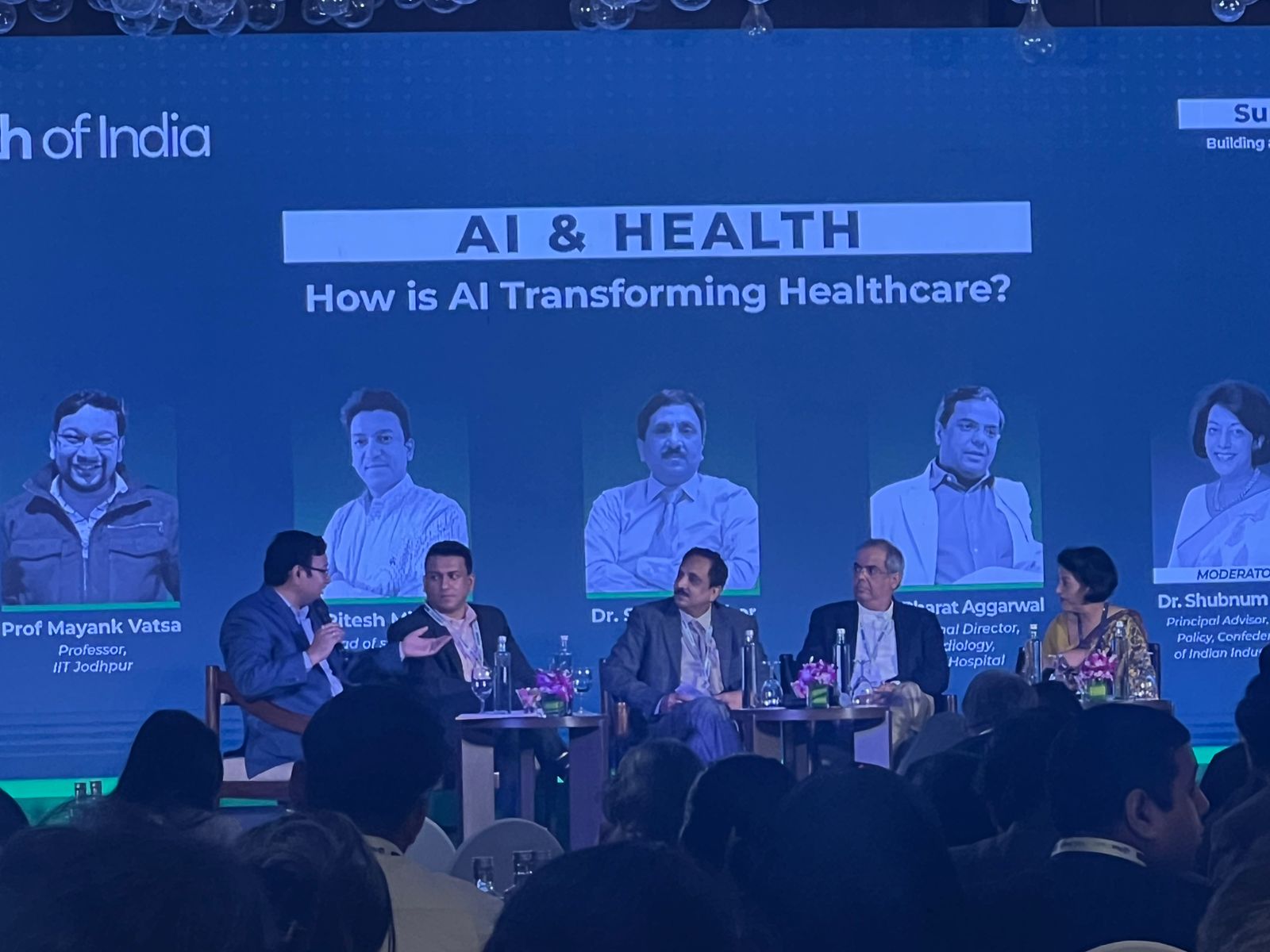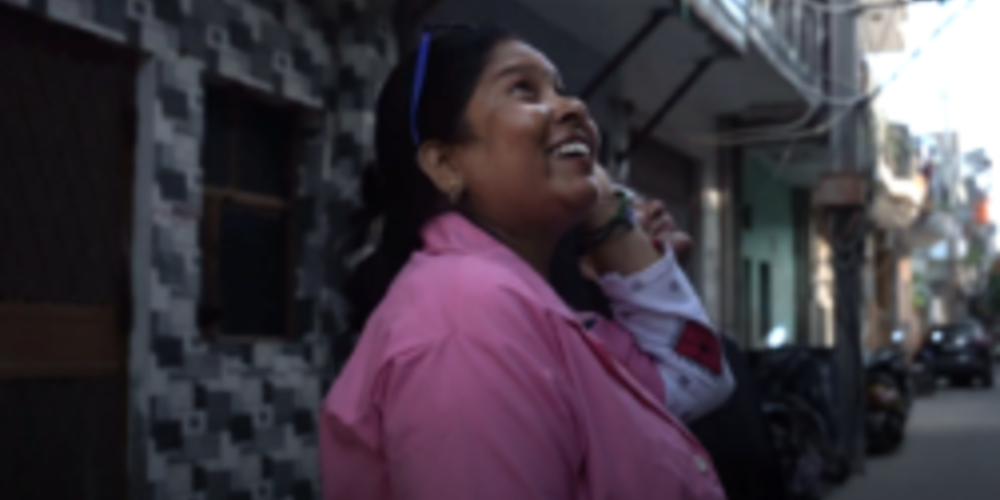82% seniors seek health info online: poll
The poll found that lower levels of health literacy can have negative consequences for older adults as they may underuse evidence-based preventive care
Author
Author
- admin / 1 year

- 0
- 2 min read

Author
Around 82% of people over 50 look for health information on the internet, a National Poll on Healthy Aging conducted by the University of Michigan has revealed.
The poll also found that 74% of people in this age-group have very little or no trust in health information if it were generated by artificial intelligence and 20% of older adults have little or no confidence that they could spot misinformation about a health topic if they came across it.
Older adults also sought or received health information from pharmacists (42%), family and friends with a medical background (18%), or a family and friends without a medical background (14%).
“Older adults are increasingly turning to the internet for health information, yet there is a significant trust gap, particularly with AI-generated content,” Indira Venkat, AARP Senior Vice President of Research said. “While AI advancements offer promising opportunities to support healthy aging, this poll underscores the urgent need for reliable, accessible health resources. Ensuring that older adults have trustworthy information from health care providers and credible websites is crucial as we navigate the evolving landscape of digital health.”
The most common types of websites older adults visited for health information were health and health condition-focused sites, used by 39% of older adults, followed by websites run by health care systems (31%).
Fewer sought health information from websites run by federal government agencies (21%), nonprofit organizations (like the American Heart Association or American Cancer Society) (14%), or universities / medical schools (11%). Other sources of health information used by older adults included: insurance companies (20%), hospitals (15%), social media (6%), or community organizations like senior centers or places of worship (3%).
The poll found that lower levels of health literacy can have negative consequences for older adults as they may underuse evidence-based preventive care or may not be able to follow through on their health care provider’s recommendations.
“Lower health literacy can also lead to difficulties managing chronic conditions and recognizing warning signs of complications,” the poll highlighted.
Also read: Health is political, policies shaped by ideology of governments: Lancet – First Check









